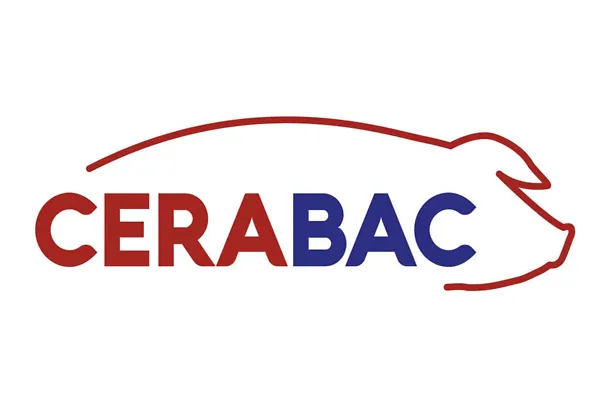CERABAC inhibits pathogenic germs and stimulates immune defences

For weaned piglets probiotics play an important role in supporting the entire digestive processes in the gastrointestinal tract (GIT) over the long term. This means that the use of probiotics does not produce a significant effect from one day to the next, but rather in the medium term it achieves a stabilisation of the microflora and thus of animal health. SCHAUMANN has developed CERAVITAL as an innovative active ingredient for this purpose.
Bacillus subtilis provides resilience
The special feature of CERABAC is that the feed contains Bacillus subtilis spores. This makes the probiotic largely both resistant to environmental influences, such as heat, pressure or long storage, and to stomach acid. CERABAC only comes to life when it actually arrives in the intestinal tract. “Germination” begins in the small intestine and increases rapidly in the large intestine: While within the first 12 hours the Bacillus subtilis bacterial count approximately doubles in various sections of the small intestine, 12 times the number of germs can be counted in the anterior part of the large intestine and 15 times as many in the posterior part of the large intestine (see Figure 1).
Studies confirm the effect of CERABAC
Three different studies on a total of 428 piglets at the Gut Hülsenberg livestock farm and at the Freie Universität (FU) Berlin have proven that the use of CERABAC effectively supports piglets in the period after weaning. This was reflected in higher daily weight gains while rearing the piglets (see Figure 2) and the pigs were also healthier in the first 10 days after weaning.
